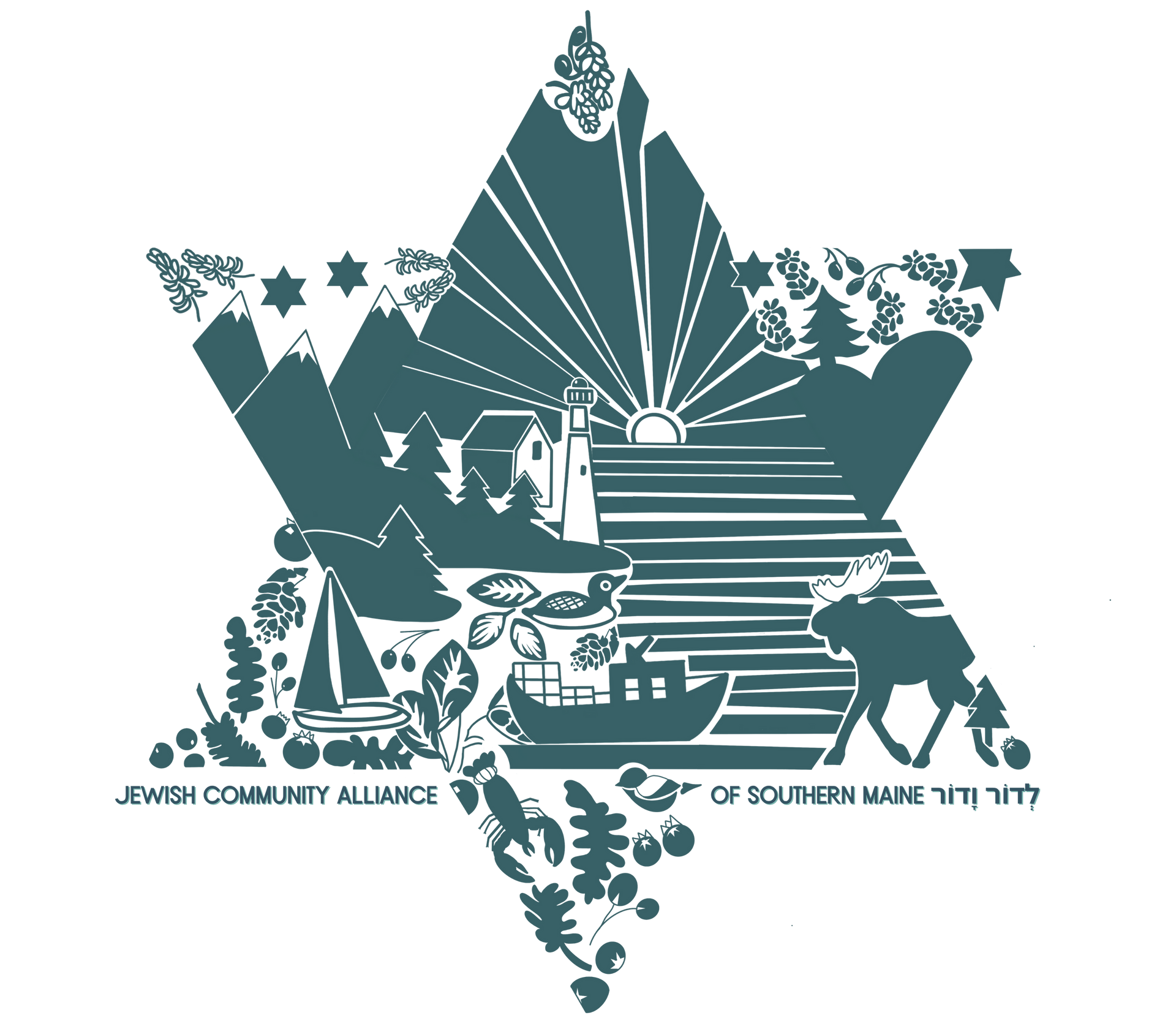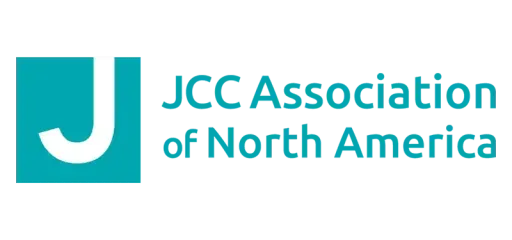Israel-Hamas Ceasefire Deal: Hostage Releases and Ongoing Challenges
Israel-Hamas Ceasefire Deal: Hostage Releases and Ongoing Challenges
The ceasefire agreement between Israel and Hamas, which began on January 17, 2025, marks a temporary pause in hostilities, offering a glimmer of hope amidst a backdrop of complex negotiations and profound human suffering. Brokered by Qatar, Egypt, and the United States, the agreement aims to facilitate the release of hostages and prisoners while allowing for the return of displaced Palestinians to northern Gaza and the delivery of humanitarian aid.
Hostage Releases: Progress and Tragedy
The deal’s first phase stipulated that Hamas would release 33 hostages in exchange for nearly 2,000 Palestinian prisoners. However, it was revealed that eight of the 26 hostages initially slated for release are deceased. Seven have been freed since January 19, leaving 18 confirmed alive. Israel plans to secure the release of six more hostages this week, including civilians and soldiers. In total, 87 hostages remain in Gaza, including at least 34 confirmed dead.
Resilience Amid Adversity: Stories of Freed Hostages
On January 19, three Israeli hostages were released: Emily Damari, Romi Gonen, and Doron Steinbrecher. After their release, the three women were brought back to Israel, where they were reunited with their families and taken to a hospital for evaluation and care. Their release was marked by an emotional reunion with their loved ones and the nation, symbolizing a bittersweet moment of relief and solidarity.
Among those released on January 25 were four young Israeli women who had been abducted during the October 7, 2023, attack on Kibbutz Nahal Oz. Held for 477 days, these women—Karina Ariev, Daniella Gilboa, Naama Levy, and Liri Albag—endured significant hardships, including a lack of food, medical care, and sanitary conditions. Despite these challenges, they demonstrated remarkable resilience through mutual support, exercise, humor, and learning Arabic. Following medical evaluations, it was determined that all the women released by Hamas are in good health.
On January 26, it was announced that Hamas has agreed to release three more hostages on January 30. Additionally, three male hostages are expected to be released on February 1. Updates will continue to be provided through our social media channels.
IDF Raid on Hamas Operative’s Home
Tensions remain high, as evidenced by an Israeli Defense Forces (IDF) raid on January 26, targeting Ashraf Zughayer, a Hamas operative released in a previous prisoner exchange. Convicted in 2002 for aiding suicide bombers, Zughayer was freed alongside 200 other Palestinians in exchange for four Israeli female soldiers. The IDF justified the operation citing evidence of incitement to terrorism, highlighting Israel’s efforts to suppress public celebrations among Palestinians following prisoner releases.
Humanitarian and Regional Implications
The ceasefire agreement includes provisions for a 42-daypause in fighting and the entry of up to 600 trucks of humanitarian aid into Gaza daily. It also allows for the return of tens of thousands of Palestinians to northern Gaza for the first time in over a year. Hamas has framed the return as a victory, while Israel has emphasized its commitment to humanitarian principles. The deal also involves Israel halting air sorties over southern Gaza and maintaining a daily no-fly window over the northern part of the Strip, contributing to a temporary sense of stability.
International Reactions
The United States has welcomed the ceasefire and commended Israel for its efforts in facilitating humanitarian aid and resolving disputes over the sequence of hostage releases. However, challenges remain, with tensions over security concerns and ongoing fears for the safety of remaining hostages. Additionally, Prime Minister Netanyahu is expected to visit President Trump in Washington next week.
Conclusion
The ceasefire between Israel and Hamas is a tenuous yet crucial step towards addressing the immediate humanitarian crisis. While progress has been made in releasing hostages and enabling aid delivery, the situation remains fragile, underscored by the ongoing anguish of affected families and the broader geopolitical implications of the conflict.







